There are two striking things about the new book, 100 Great Black Britons, which was compiled to celebrate the achievements of British people from an African or Caribbean heritage. The first is the sheer number of people included who are ghastly or mediocre or both. The second is the number of truly brilliant black Britons who were left off the list — for reasons which are not, I think, terribly mysterious.
Under the ‘both’ category we have, to name but a few, Diane Abbott, David Lammy and the reliably hilarious Dawn Butler. There is also Kehinde Andrews, of course, a lecturer at a former polytechnic who will be appearing on a TV programme in your front room very soon opining about how everything in the universe, from hydrogen to oganesson, is racist. That man of limitless talent, Stormzy, makes the cut, as does Valerie Amos.
But, as has been pointed out by the black writer Tomiwa Owolade, while there are black authors on the list, there is no room for Zadie Smith — today probably the most (rightly) renowned of them all. Does Zadie not quite match up to the brilliance of the transgender model Munroe Bergdorf? The next chairman of the BBC — with any luck — Trevor Phillips is missing. Brave, acute and witty, Phillips was also a pioneer of black involvement in public life.
But then there’s no room for Trevor McDonald either; still less the brilliant black educationalists Katharine Birbalsingh and Tony Sewell. The latter has elevated countless inner city black kids into Russell Group universities through his charity Generating Genius and also served as education adviser to Boris Johnson when he was mayor of London. And that perhaps nudges us towards an answer — except to say that, incredibly, Raheem Sterling, easily the best footballer to emerge from this country in the past 25 years, is not on the list. No footballers are.
The argument, I suppose, is that while Zadie Smith, Trevor Phillips, Tony Sewell et al might look a bit black, they are not objectively black. In other words, they do not reflexively swallow the resentment agenda: they are a little more nuanced than that. Smith, for example, has spoken eloquently about the ‘pain’ of some identitarian politics and the absurdity of those who accuse writers of cultural appropriation. Sewell is a social conservative who values the traditional family as well as such utterly outré concepts as hard work and discipline, which is how he got those kids into good universities. Katharine Birbalsingh is of a similar mindset and even goes so far as to describe herself as a ‘small “c” conservative’.
And then there’s Trevor Phillips. Not only does he take the Murdoch shilling, thus aligning himself with the oppressor, he also seems to delight in dissing some of the more facile gripes emanating from the resentment lobby. A lobby which is, you have to say, both powerful and lucrative for those who are part of it.
In not quite toeing the line, then, these truly great black Britons surrender entirely their blackness. They are not really black at all; the blackness you see is merely a subtle trick of the light, a mirage or a chimera. To be truly black is not about skin colour, then, it is about one’s propensity to gripe and blame. This was made explicit in the case of Trevor Phillips by one of those lucky people who were actually chosen as a Great Black Briton — the repulsive Kehinde Andrews. He accused Phillips of ‘coonery’ — being a black person who exists merely for the amusement of white folk. There are plenty of other horrible epithets dreamed up by this professionally embittered contingent to condemn those who do not share their views.
Perhaps Phillips will be able to console himself that while he may not be a ‘great’ black Briton, he might just be the first black person to become chairman of the BBC. He would be an excellent appointment for three main reasons. First, he would be the first chairman with direct and considerable experience of the medium he was overseeing, as a documentary-maker, broadcaster and former producer. Second, while the BBC has made great strides towards diversity by the simple means of dropping into every single programme a black face, regardless of how appropriate it might be, the corporation is still run by white, middle-class public school boys and girls. Diversity is vital to the BBC except in the areas where it really matters, where decisions are made, a point which has been made before by the former head of BBC Westminster, Samir Shah.
Third, the BBC’s cringing appropriation of wokeness grates with its core audience and, I think, would grate with Phillips too. He is not a Conservative, but he does have a certain handle on those vexed cultural issues which includes an acceptance that there are complexities which the bovine liberal left is often incapable of understanding, or deliberately misunderstands. Paul Dacre at Ofcom, Phillips at the BBC. Changing cultural paradigms is not easy: it is rather like trying to turn a supertanker 180 degrees in choppy waters — cumbersome and seemingly lasting an eternity. But Dacre and Phillips would be a good start.
Why were there no footballers on that list of Great Black Britons? No room for the aforementioned Raheem Sterling, or for Viv Anderson (first black player to play for England) or the mercurial John Barnes? I suspect the answer is partly down to snobbery, plus the fact that football — a working-class sport — was light years ahead of the middle-class professions in welcoming black participants, regardless of the racist abuse many received in the early years. In football, the struggle for equality was won years ago, which is why they don’t like to mention it.
Got something to add? Join the discussion and comment below.
Get 10 issues for just $10
Subscribe to The Spectator Australia today for the next 10 magazine issues, plus full online access, for just $10.
spectator.co.uk/rodliddle - The argument continues online.
You might disagree with half of it, but you’ll enjoy reading all of it. Try your first month for free, then just $2 a week for the remainder of your first year.


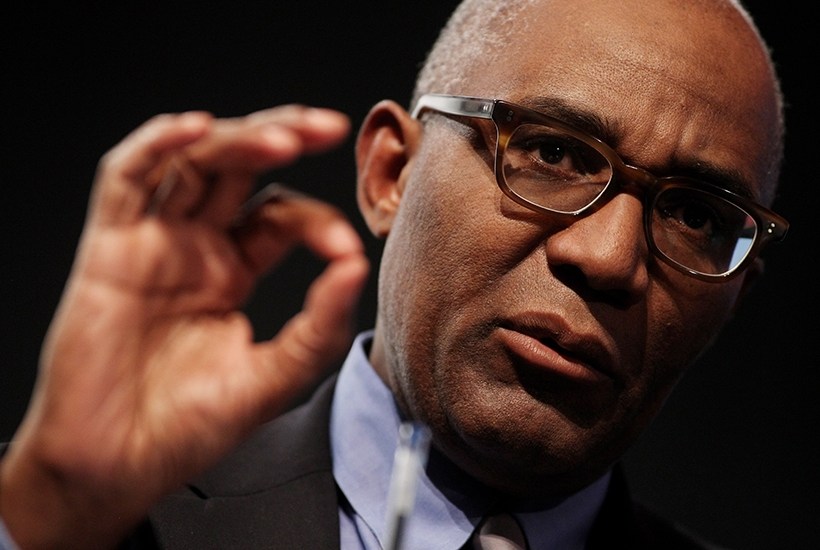

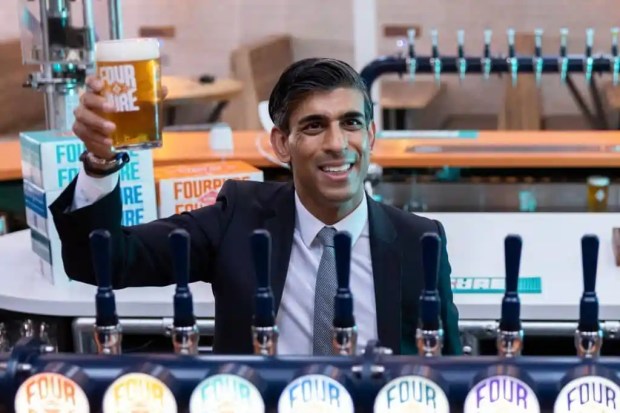
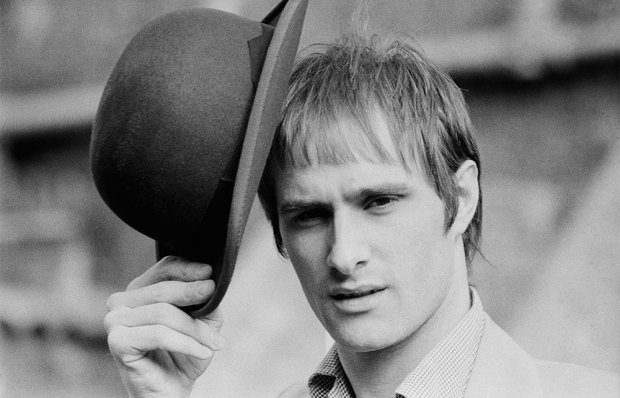
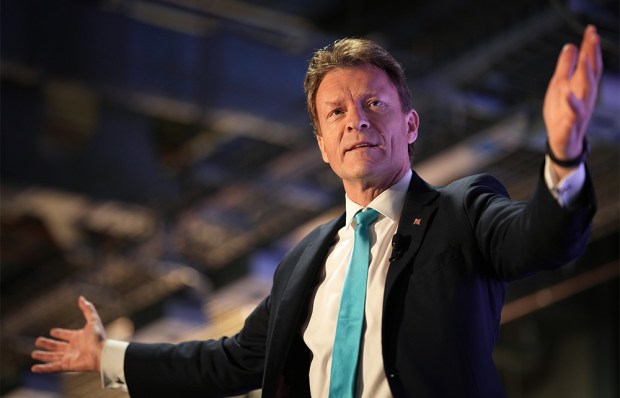
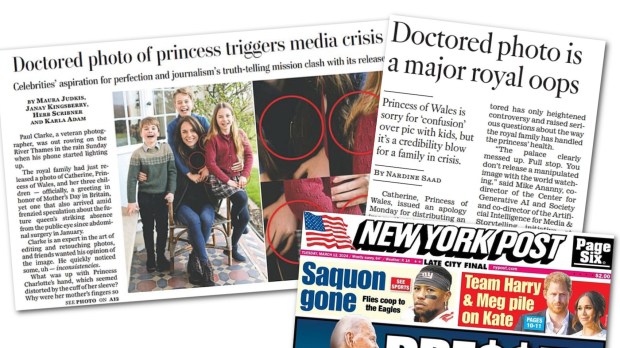







Comments
Don't miss out
Join the conversation with other Spectator Australia readers. Subscribe to leave a comment.
SUBSCRIBEAlready a subscriber? Log in